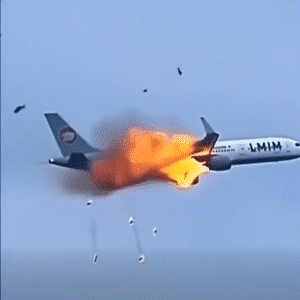As tensions rise in the Middle East, Google searches for “WWIII” and “US draft age limit” have surged. This reflects growing public anxiety about the possibility of war and what it could mean for military conscription in the U.S.—even though the draft hasn’t been used since it was abolished in 1973.
A recent Atlantic Council survey found that over 65% of Americans believe a major war between powerful nations is possible within the next decade. Though the military remains all-volunteer, the government still maintains the framework to reinstate a draft in a national emergency.
Who Could Be Drafted?
If a draft were reinstated, 20-year-old men would be called first, then others aged 18–25. There are currently 16.4 million men registered with the Selective Service. That includes citizens and non-citizens alike—refugees, undocumented immigrants, and permanent residents. Even transgender individuals assigned male at birth are required to register. Though only men currently register, officials say the system could be expanded to include women if the law changes.
Registration and Penalties
Registration is required by law within 30 days of turning 18. Failing to do so can result in felony charges, up to five years in prison, and a $250,000 fine. It also affects access to student loans, government jobs, and even voting rights in some states.
How the Draft Would Work
If war broke out, Congress and the President would have to authorize the draft. Then a lottery system—like the one used in Vietnam—would randomly draw birth dates to determine who gets called first. After receiving an induction notice, potential draftees undergo medical, psychological, and background screenings at Military Entrance Processing Stations (MEPS).
Exemptions and Deferrals
Many would not serve in combat. Medical or mental health issues, being in college, or supporting a family can qualify for deferments. Conscientious objectors may be placed in civilian or support roles.
Would It Really Happen?
Though the draft framework is still in place, the U.S. military has remained voluntary since 1973. Even during Vietnam, many draftees received deferments. So while concerns are rising, actual conscription remains highly unlikely—for now.




